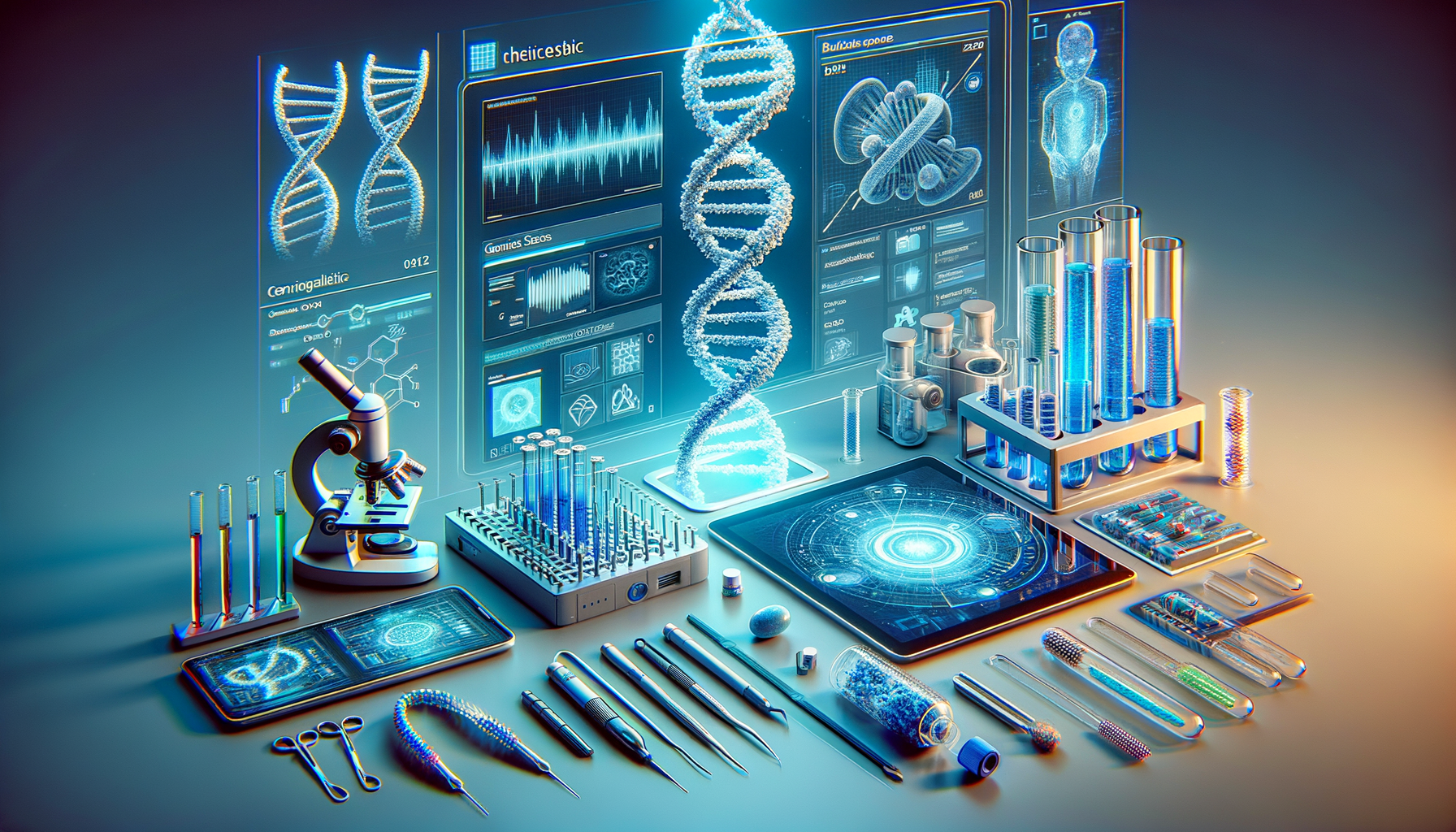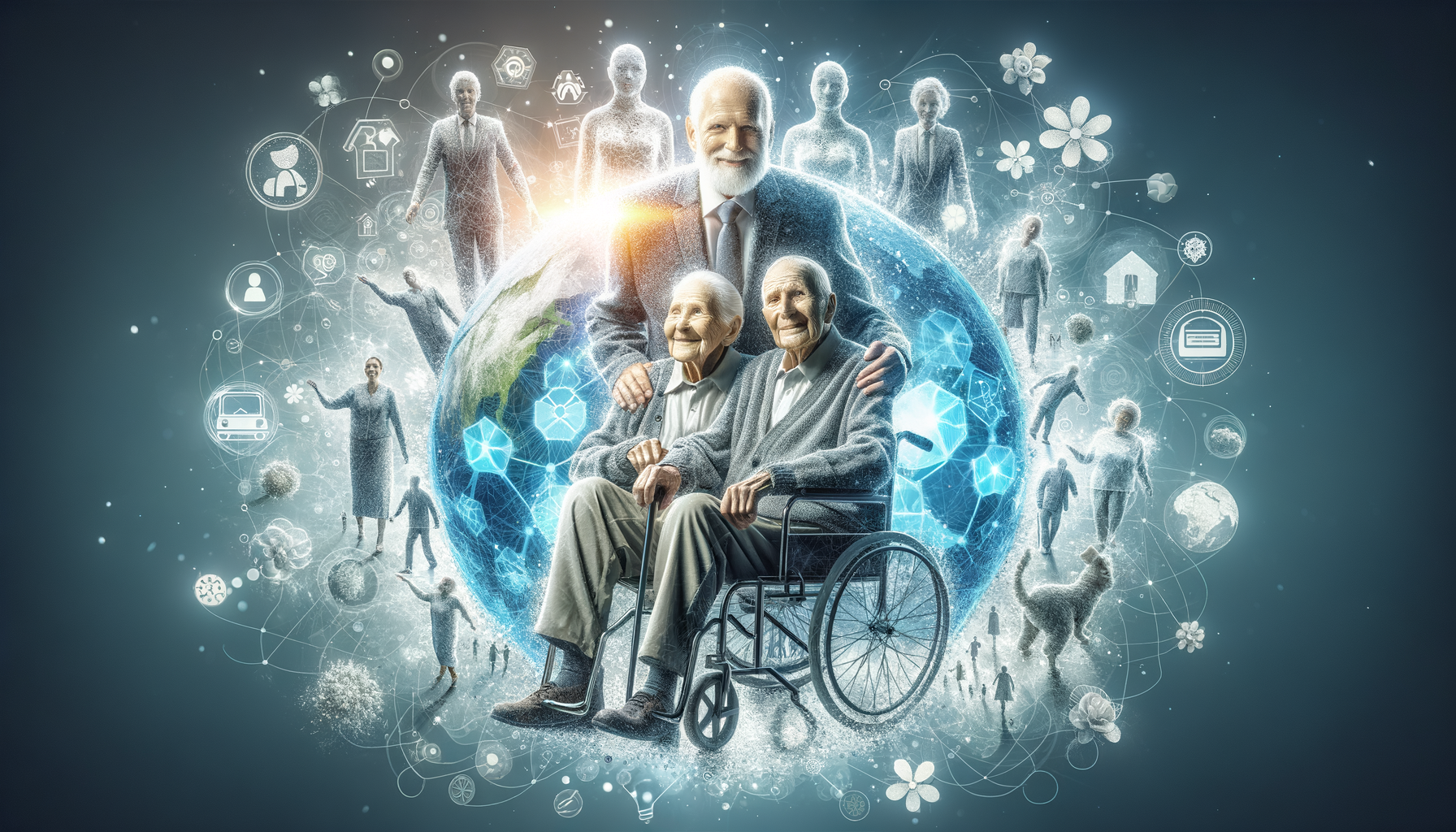
What DNA Tests Are Revealing in 2025
Introduction to DNA Testing
In recent years, DNA testing has revolutionized our understanding of genetics, ancestry, and health. As we step into 2025, the advancements in DNA testing technology continue to unfold, offering deeper insights into our genetic makeup. This article explores the latest developments in DNA testing, its applications, and the ethical considerations surrounding its use.
The Evolution of DNA Testing Technology
DNA testing technology has come a long way since its inception. Initially, DNA tests were primarily used for forensic purposes and paternity tests. However, with the advent of next-generation sequencing, the scope of DNA testing has expanded significantly. Today, individuals can access a wealth of information about their ancestry, health predispositions, and even genetic traits.
One of the most significant advancements is the reduction in cost and time required for DNA sequencing. What once took weeks and a substantial financial investment can now be accomplished in a matter of days at a fraction of the cost. This accessibility has democratized genetic testing, allowing more people to explore their genetic heritage and health risks.
Furthermore, the accuracy of DNA tests has improved dramatically. With the ability to analyze millions of genetic markers, modern tests provide detailed reports on ancestry, health risks, and even potential drug responses. This information empowers individuals to make informed decisions about their health and lifestyle.
Applications of DNA Testing in Health and Medicine
DNA testing has become an invaluable tool in the field of health and medicine. One of its primary applications is in personalized medicine, where treatments and preventive measures are tailored to an individual’s genetic profile. By understanding genetic predispositions, healthcare providers can offer targeted interventions that improve patient outcomes.
For example, DNA tests can identify genetic markers associated with certain diseases, such as cancer or cardiovascular conditions. Armed with this knowledge, individuals can take proactive steps to mitigate their risk through lifestyle changes or early interventions. Additionally, pharmacogenomics, the study of how genes affect a person’s response to drugs, allows for more precise medication prescriptions, reducing the risk of adverse reactions.
Moreover, DNA testing plays a crucial role in reproductive health. Couples planning to start a family can undergo genetic screening to assess the risk of passing on hereditary conditions. This information enables them to make informed decisions about family planning and seek appropriate medical guidance if necessary.
Exploring Ancestry and Genetic Heritage
One of the most popular uses of DNA testing is exploring ancestry and genetic heritage. With the ability to trace lineage back hundreds of years, individuals can uncover their ethnic roots and connect with distant relatives. This aspect of DNA testing has fostered a sense of belonging and cultural identity for many.
DNA testing companies offer detailed reports that break down an individual’s genetic makeup into percentages of various ethnicities. These reports often include information about migration patterns and historical events that may have influenced genetic diversity. For those interested in genealogy, DNA testing provides a scientific basis for constructing family trees and verifying ancestral connections.
Additionally, DNA testing has facilitated cultural exchange and understanding. By revealing shared genetic heritage, individuals from different backgrounds can find common ground and celebrate their interconnectedness. This has led to the formation of online communities where people share their stories and discoveries, fostering a sense of global unity.
Ethical Considerations and Privacy Concerns
While DNA testing offers numerous benefits, it also raises important ethical considerations and privacy concerns. The collection and storage of genetic data pose potential risks, including unauthorized access and misuse of sensitive information. As such, it is crucial for individuals to carefully consider the implications before undergoing DNA testing.
One of the primary concerns is the potential for genetic discrimination. Although laws exist to protect individuals from discrimination based on genetic information, there are fears that employers or insurers may use this data to make biased decisions. Ensuring robust legal frameworks and ethical guidelines is essential to safeguarding individuals’ rights.
Moreover, the commercialization of genetic data has sparked debates about ownership and consent. Some DNA testing companies have faced scrutiny for sharing genetic information with third parties for research or commercial purposes. It is important for consumers to thoroughly review privacy policies and understand how their data will be used before consenting to testing.
Ultimately, as DNA testing continues to evolve, society must strike a balance between harnessing its potential and protecting individual privacy. Open discussions and ongoing research into ethical practices will be vital in navigating the complex landscape of genetic testing.
Conclusion: The Future of DNA Testing
As we look towards the future, DNA testing holds immense promise in transforming healthcare, ancestry exploration, and personal empowerment. With continued advancements in technology and a growing understanding of genetics, the possibilities are boundless. However, it is essential to approach DNA testing with caution, considering the ethical and privacy implications it entails.
For individuals seeking to unlock the secrets of their DNA, it is important to choose reputable testing companies and remain informed about the latest developments in the field. By doing so, they can harness the power of DNA testing to make informed decisions about their health, heritage, and future.
In 2025 and beyond, DNA testing will continue to shape our understanding of ourselves and the world around us. Embracing this knowledge responsibly will pave the way for a future where genetic insights lead to healthier lives and a deeper connection to our shared human history.

